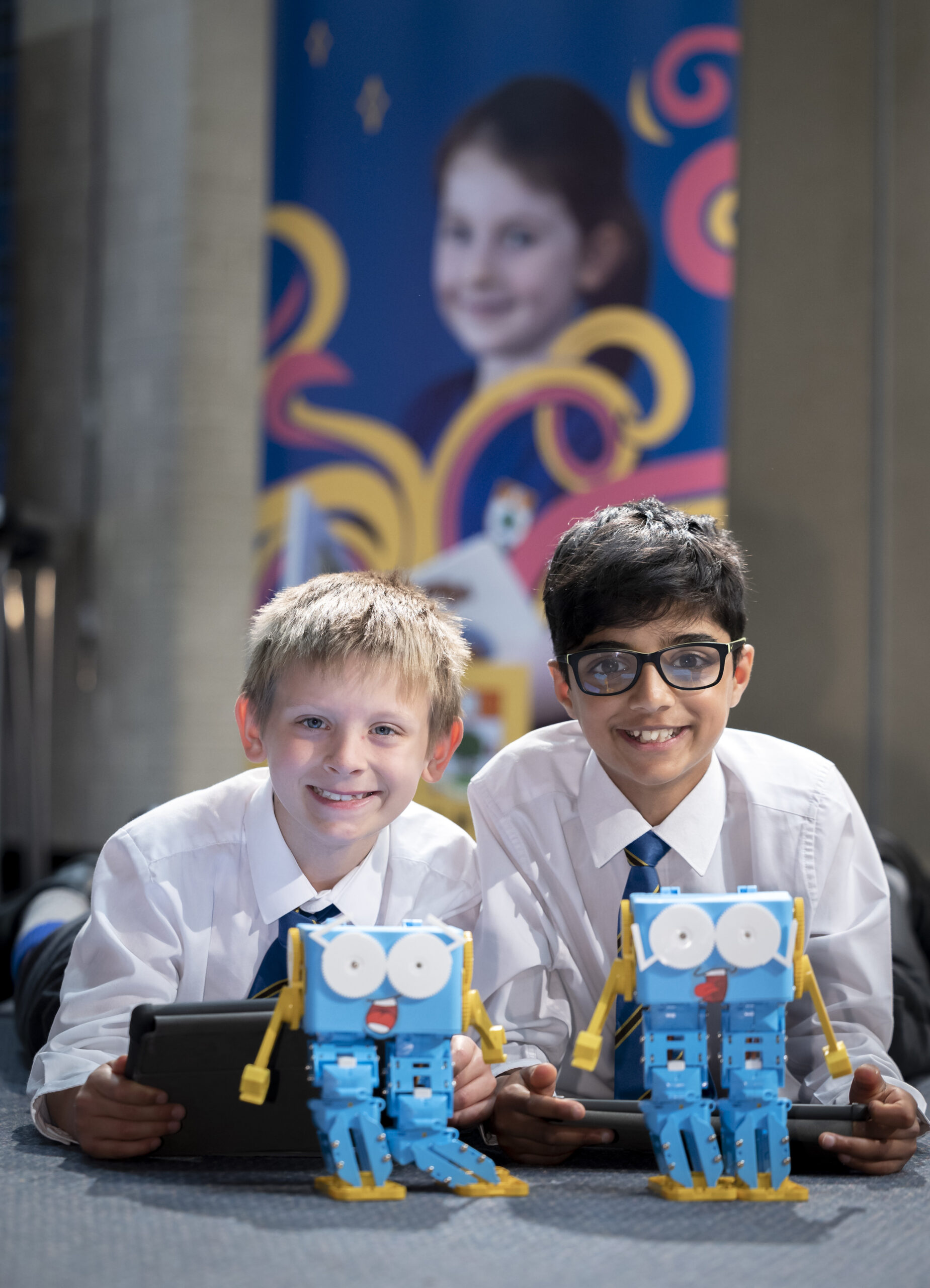Children at The High School of Glasgow have been learning about all things digital.
The Junior School Digi-Leads Committee, a group of around 30 children from Junior 1 to Junior 6, hosted a fair to share what they have learnt.
They shared their expertise in areas including animation, QR codes and coding and guided children through their very own TED talk on digital wellbeing, ways to implement healthy tech habits and set limits on screen time.
Each area had its own station, the QR codes station focused on how to use and create a QR code, the coding station used a coding app to program robots, while the animation station brought pictures to life using an animation app.
Hands-on learning has been at the heart of the Digi-Leads Committee and children have visited the Apple Store to better understand cutting edge technology and design.
Earlier this year, the High School was awarded the Digital Wellbeing Award, part of the Digital Schools Award, which recognises schools helping children to maximise their 21st century digital skills while remaining safe and responsible online.

The High School of Glasgow Digi Leads at the Junior School. Credit: Martin Shields
Maggie Pollock, Junior School Deputy-Head, said: ‘Every single child at the Junior School has a place on a committee, there are nine in total, each having representation from all year groups and run by two members of teaching staff.
‘The committees include: Digi-Leads; Eco-Committee, Outdoor Learning, Health & Wellbeing, Road Safety, Learning & Teaching, Ships, Global Citizenship, and Pupil Council.
‘Ensuring every child is a member of a committee illustrates to children that the voice of every pupil counts and ensures they are fully immersed in the life and running of the school.
‘Although younger children find aspects of their committee meetings and activities challenging, they learn from older peers who they look up to as role models and this provides a clear pathway for their future in the committee as they learn and grow.
‘The decision to have everyone involved in a committee was a very deliberate one as we want to give each individual the chance to have their say and influence change in school, and not just those with the confidence to apply.
‘We really value this way of working as it allows children to develop their confidence, presentation and communication skills whilst sharing their expertise and knowledge.
‘We also believe that in allowing children the opportunity to teach others, it deepens their own understanding.’
Read more news on Scottish Field’s news pages.
Plus, don’t miss the July issue of Scottish Field magazine.
TAGS

